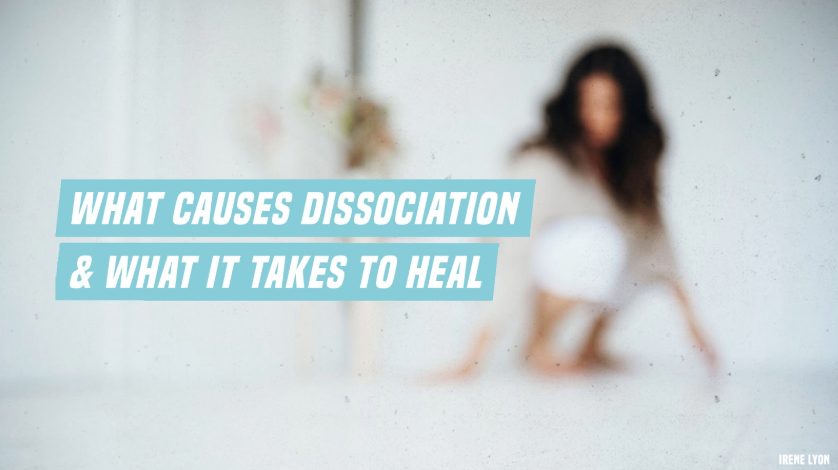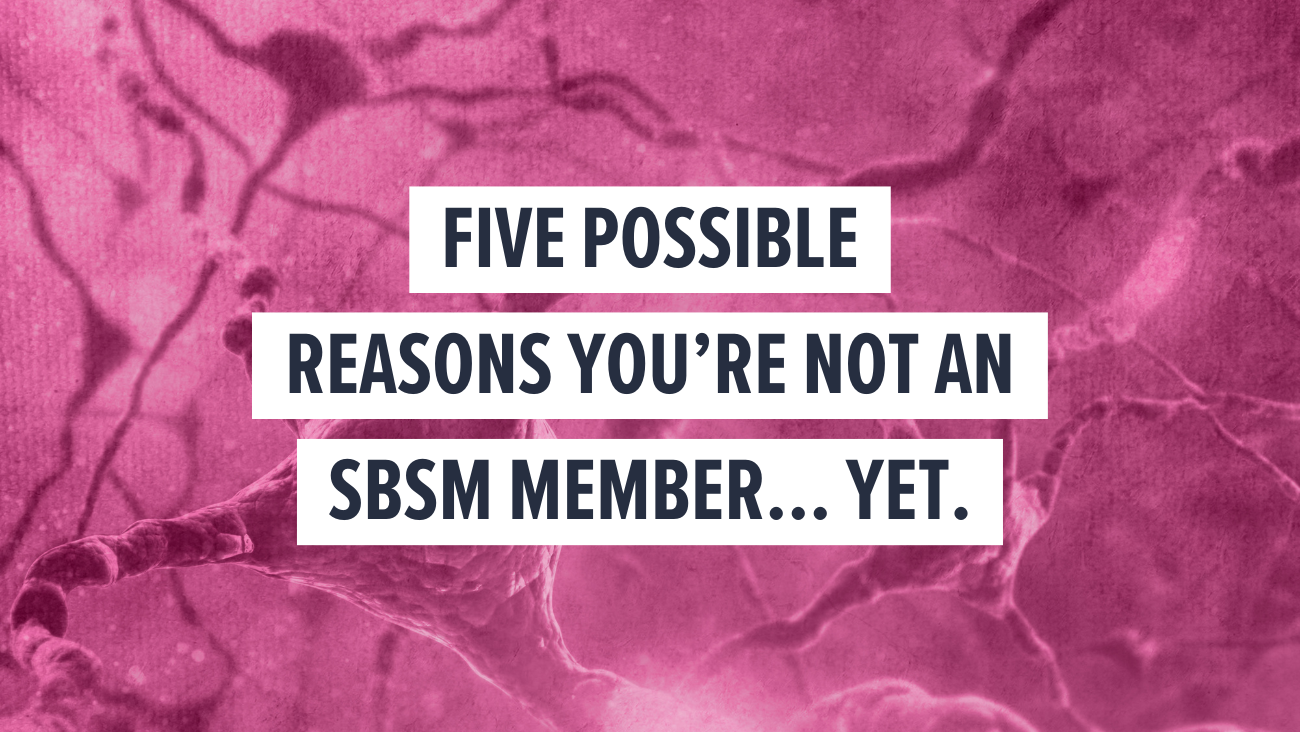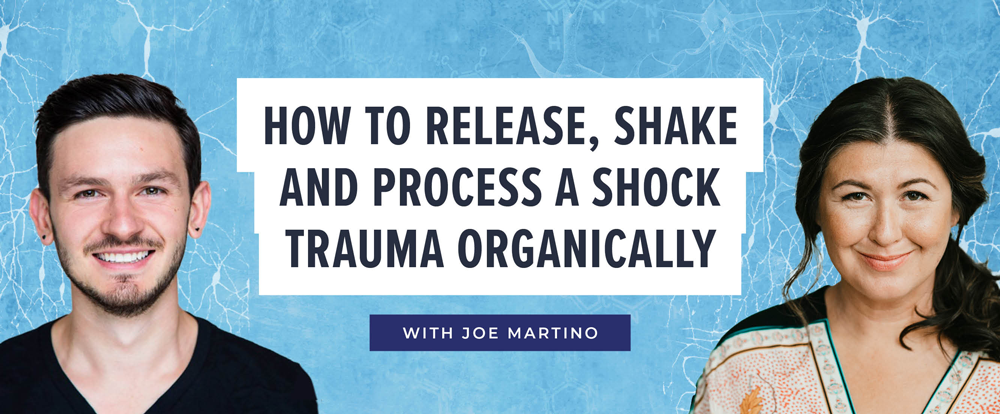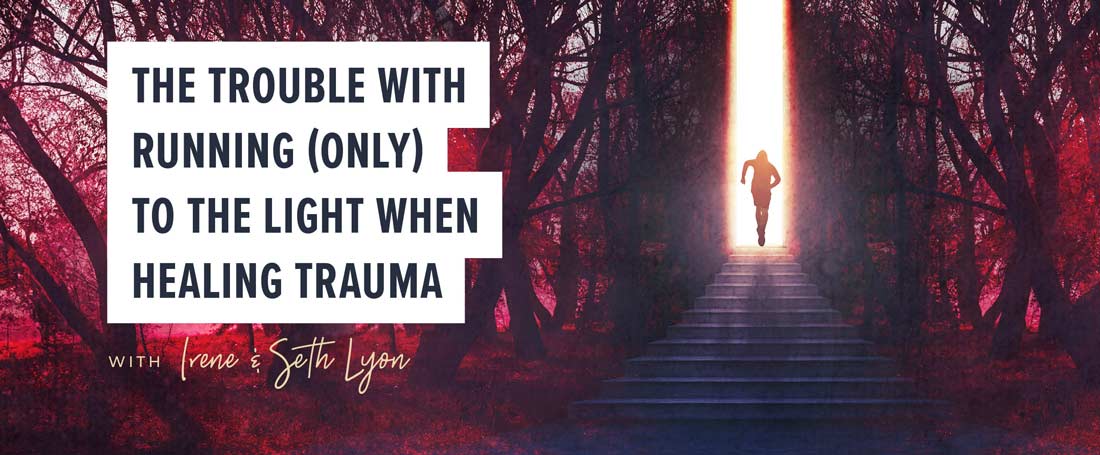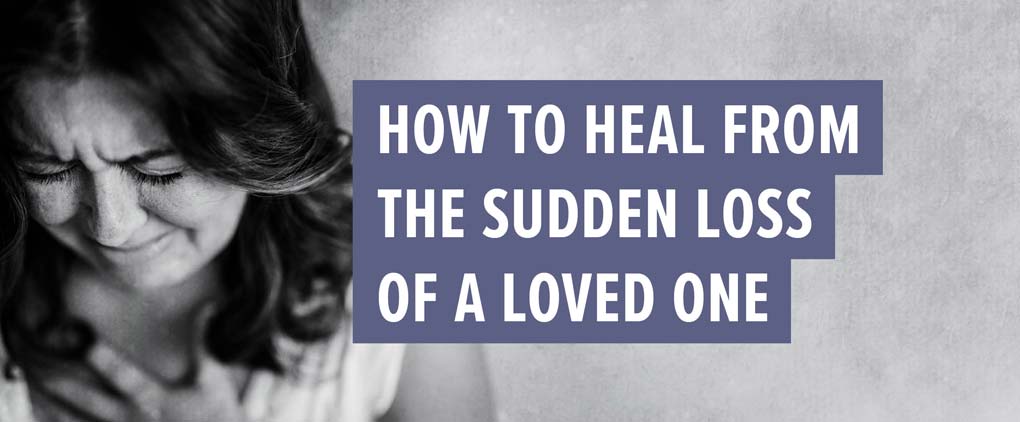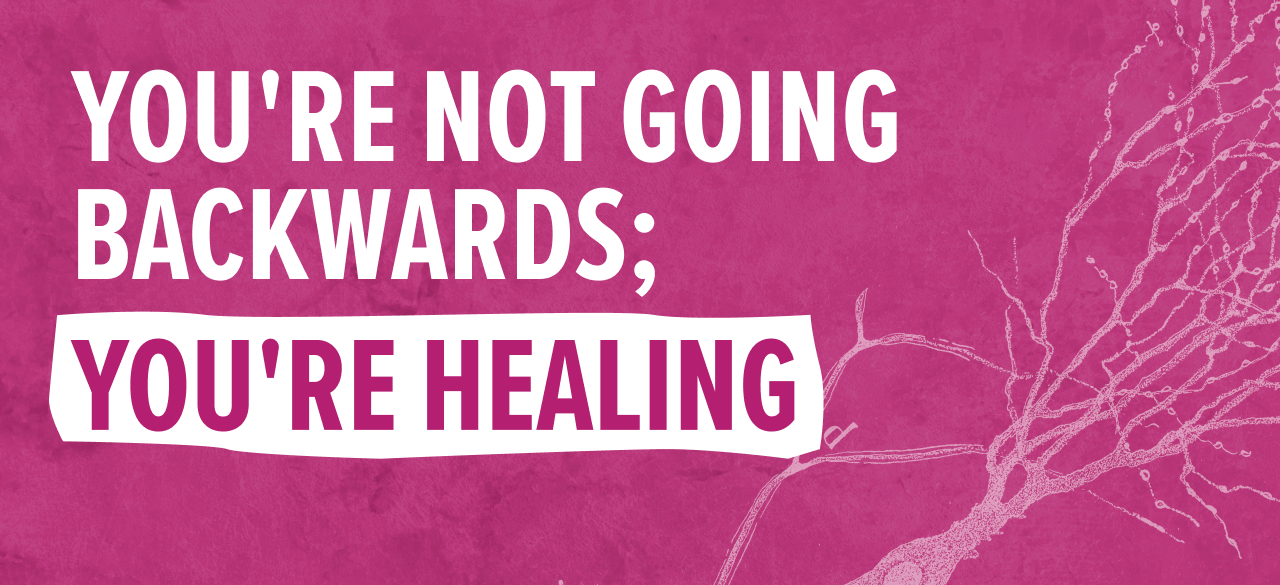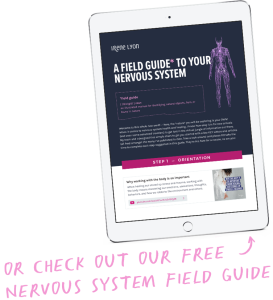
I want to dig into a topic I deal with a lot in the realm of healing trauma, nervous system health, and all things neuroplasticity: a Highly Sensitive Person. The term Highly Sensitive Person (HSP) is a common one these days, and it’s someone who is hyper-attuned to the world they live in. Someone highly aware of everything around them. Sound familiar? Another term that goes with HSP, and is a subcategory of this topic (and one lots of folks will place themselves in), is in the area of empathy or people who are highly empathic or term themselves as empaths. For some reason, these topics tend to be controversial, and I hope to shed some light on these terms.
I am a HSP
I am a highly sensitive and empathic person, so I get what it means to be this way. I’m super aware of what my senses take in. Sounds, smells, energies, changes in atmospheric pressure, light and electricity in my environment, other people’s emotions and energy…and those are just a few. If there is a change in my environment, I know about it.
When sensitivity becomes a problem
The big difference I discovered, after working on myself and with many Highly Sensitive People, is whether or not they have a regulated nervous system. Sensitivity can be a gift if your nervous system is regulated. It’s almost like having a superpower. We can be aware of everything in our environment but don’t perceive it as a danger, and instead can just take in all that information in a regulated, balanced way. This allows us to deepen our connection to the world around us.
Where it becomes a problem is when we aren’t regulated, when our nervous system is constantly in survival mode. In this state, being super activated all the time while having these high sensitivities and empathic abilities, without nervous system regulation, can feel like a curse. A highly sensitive person with a dysregulated system cannot stay present or grounded. What ends up happening is everything in their environment becomes a threat or feels uber overwhelming, and can bring anxiety, fear, and even varying degrees of terror and panic.
A little education
To unpack all of this, we have to ask a few questions: what is our autonomic nervous system (ANS) and how does it work? What is early and developmental trauma and how does it affect us in terms of sensitivity? I won’t go through every part of the autonomic nervous system or how to raise a healthy, regulated individual, but I encourage you to review these topics in specific videos on my YouTube channel.
Learn more about the branches of your ANS here and what it means to build healthy humans here.
It starts when we’re young
To put things simply, when we’re born, we don’t have the capacity to self-regulate, meaning everything big or loud can be perceived as a threat. Consider how highly sensitive newborns are. If there is a loud crash or an unfamiliar person, they will cry out in confusion and fear. Newborns are sensitive to their outside surroundings and the nervous systems of their parents or caregivers. What we experience in the womb and how we interact with others in our first 3 years of life is pivotal to our development. This time frame is crucial for building healthy regulation of the nervous system.
Causes of early trauma
In the womb, for example, if a mother was highly stressed during her pregnancy, the baby can feel her stress, worry, anger, and emotions through the umbilical cord. As a new and immature creature, the child is being exposed, often chronically, to those chemicals. So while nutrients are passing to the baby, stress chemicals are also passing through the umbilical to the baby. But it’s a push and pull situation for them; the baby wants that connection with their mother, but also doesn’t want it due to the stress.
The stress in utero will prime this baby to be in high states of stress later on, causing dysregulation of the nervous system. In the womb, their capacity and their way of sensing the world is already going into overdrive. This will make them more attuned, overly attuned to be honest, to the environment. Later, once the baby is born, they will have started their life with already a high level of survival stress (nervous system dysregulation), and as a toddler and then a child, will become highly sensitive, but without the nervous system regulation that keeps the system in good harmony and flow. So this means that many stimuli that they feel in their environment might be, and often are, perceived as a threat or danger when they are actually not.
This perceived danger doesn’t even have to be a highly traumatic experience in order to manifest. If their parents are stressed or fight often, for example, the child will feel this tension in the environment. It will be too much for them and they won’t be able to express their concerns in a healthy way. Another example can be when a child experiences the anger of a parent. Their parents could be frustrated in general, with life or work, for example, but a young child can and often will absorb this anger and become hyper-aware of this internal tension they are now taking on. They might start to think, “I better pay attention and figure out what dad or mom is feeling today and defend myself against it.” They become ‘highly sensitive’ to their parents. Over time, the child becomes highly attuned to their energy, physiology, and emotions. This can lead them to become shy and introverted or just prevent them from being themselves, and they can start to perceive threat and danger when there is no threat and danger. Put another way, their sense of safety in the world diminishes. With me so far?
Another cause of early developmental trauma can be from sickness or medical intervention. If a child goes through surgery or severe sickness or has an accident of some sort, it can have similar consequences and be terrifying for a young nervous system. Because their system is just learning to regulate, they may not be able to make sense of these types of intense experiences, their little nervous system will get overwhelmed, and they may then struggle to understand what is safe and what is not safe. Over time, with multiple traumatic experiences, emotions and expressions will shut down. This happens when the nervous system tries to cope with an unsafe environment, which is exactly what their system will perceive in the case of medical interventions, severe sickness, or surgery.
Dysregulation in a young nervous system
What happens to their nervous system in these instances is they may shut down (via the dorsal vagal response of their parasympathetic nervous system), and this can create, when not treated, a lowering of the metabolism, low energy, and low immune function, just to name a few deleterious effects. If they don’t know how to heal or process, they can grow up and develop chronic illnesses (refer to the ACE study to learn more about this research).
But other children might not shut down. In fact, they may become more hyper attuned to their environment. They will feel adrenalized and anxious. They will feel as though everything is a danger or threat. This revved up system that constantly senses things as threats, when they actually aren’t, is detrimental and leads to becoming that Highly Sensitive Person who feels overwhelmed by all the stimulus in the world.
Why we need regulation when we’re young
Humans need regulation through healthy nurturing. Healthy nurturing from our primary caregivers is key. But if caregivers are or were not capable of that because their nervous systems were in dysregulation, then there will be early developmental trauma. Because without those caregivers to teach a child to be able to come down and self-soothe, learn what is safe and become regulated and healthy in their nervous system, they will struggle to develop and will get stuck living in survival mode, either in a more dorsal shutdown (freeze) state, or the flipside, in a highly activated (fight/flight) state.
To all the HSPs out there
High sensitivity stems from all of that. From the womb and into childhood. But there is hope! It is never too late to learn how to regulate your nervous system. So for all those Highly Sensitive People out there, you can turn this sensitivity into a superpower. With increased nervous system regulation, that sensitivity can be a true gift. When we are regulated, that sensitivity can help connect to people and understand them without having their energy bring us down. It can help us deepen our relationship with the world and the people around us. I know, because I’ve been there. I speak on this from my own personal experience and from my experience working with people all over the globe.
I hope I’ve shed some light on this topic. It’s near and dear to me because I have lived it.

